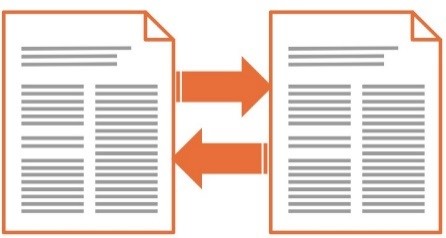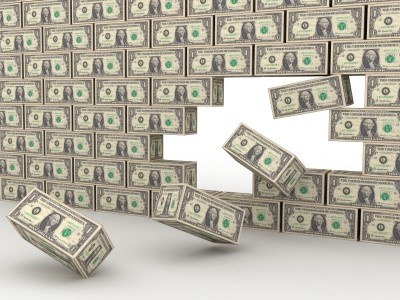News about Journals
Many Science Editor readers are involved in journal publishing, and by extension many are involved in publicizing their journals—be it through a formal media organization or their own efforts to get important papers to the right people in the press. For this column, I’m turning our attention to what people in the press are saying about journals.
Certainly our own industry publications (such as Science Editor, the Scholarly Kitchen, PSP Links . . ., and NFAIS Advances, to name a few) cover important advances as well as current controversies. I find it interesting to see how our industry is perceived by those reporting on how we go about the act—or art (or business)—of journal publishing.
What follows is a collection of news stories from different sources touching on several long-standing concerns as well as new challenges about which we in journal publishing need to know. If I’ve done my job well you should find a new nugget of information, or perhaps even two nuggets, about the most recent press coverage of the 350-year-old business of journal publishing.

MECA—A new manuscript exchange initiative
https://scholarlykitchen.sspnet.org/2017/08/17/meca-new-manuscript-exchange-initiative/?informz=1

Two studies suggest trouble ahead for paywall journals
https://mtnvnews.com/two-studies-suggest-trouble-ahead-for-paywall-journals/124163/
“Almost
half” of recent research papers now open access. Extent of freely accessible literature could “tip the scales” for libraries to cancel subscription packages, says study
https://www.timeshighereducation.com/news/almost-half-recent-research-papers-now-open-access
Soon, nobody will read academic journals illegally, because the studies worth reading will be free
https://qz.com/1049870/half-the-time-unpaywall-users-search-for-articles-that-are-legally-free-to-access/
Spotlight on Peer Review

Peer review 2030: Report looks to the future
Supported by BioMedCentral and Digital Science, this report “examines how peer review can be improved for future generations of academics and offers key recommendations to the academic community.”
https://www.researchinformation.info/news/peer-review-2030-report-looks-
Journal tries crowdsourcing peer reviews, sees excellent results
https://arstechnica.com/science/2017/06/journal-tries-crowdsourcing-peer-reviews-sees-excellent-results/
Peer review is essential to good science—It’s time to credit expert reviewers
https://www.theguardian.com/science/2017/jun/01/peer-review-is-essential-to-good-science-its-time-to-credit-expert-reviewers
Bringing a “trust but verify” model to journal peer review
https://phys.org/news/2017-07-journal-peer.html
 Reviewing peer review: London’s Birkbeck gets second Mellon Foundation grant
Reviewing peer review: London’s Birkbeck gets second Mellon Foundation grant
https://publishingperspectives.com/2017/07/peer-review-birkbeck-mellon-foundation-grant/
Do peer-review models affect junior doctors’ trust in journals?
http://blogs.biomedcentral.com/bmcblog/2017/07/04/do-peer-review-models-affect-junior-doctors-trust-in-journals/
Chinese scholars “win up to £127,000” for papers in top journals
Analysis reveals extent of reward system for international publications, which could be distorting scientific incentives. This article has some excellent real-world figures!
https://www.timeshighereducation.com/news/chinese-scholars-win-ps127000-papers-top-journals
Academic publishing meets capitalism
“I suspect few academics would want to admit this, but the Open Access movement is really capitalism at work: authors and journal editors are discovering that they can provide a product of similar or better quality for less. If they do, they will take over the market from the old academic publishing model. And they’ll deserve to.” Charlie Martin, August 7, 2017
https://pjmedia.com/lifestyle/2017/08/07/academic-publishing-meets-capitalism/
Cash bonuses for peer-reviewed papers go global
This article contains a great infographic of how much individual countries pay academics when their papers are published in top-tier peer-reviewed journals.
“Authors who publish peer-reviewed papers in top-flight journals can receive hefty cash payments, depending on where they live. An informal survey—by no means comprehensive—turned up lucrative incentives paid by institutions or government agencies around the globe.” Alison Abritis, Alison McCook, Retraction Watch, August 10, 2017
http://www.sciencemag.org/news/2017/08/cash-bonuses-peer-reviewed-papers-go-global
*A person who indulges in and desires information gathering and interpretation. The term was introduced in 2006 by neuroscientists Irving Biederman and Edward Vessel.
Barbara M. Ford, DBA Meyers Consulting Services, is also Director of Marketing and Communications at the National Federation of Advanced Information Services (NFAIS; www.nfais.org)
